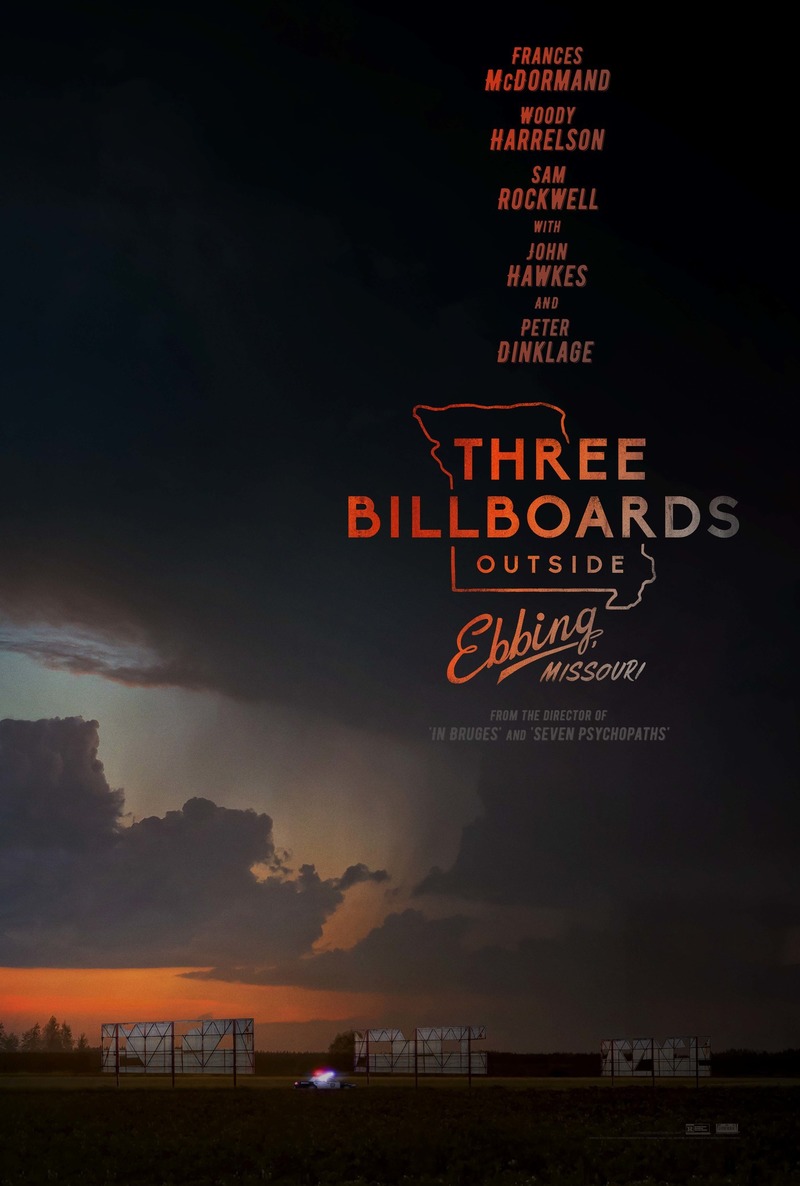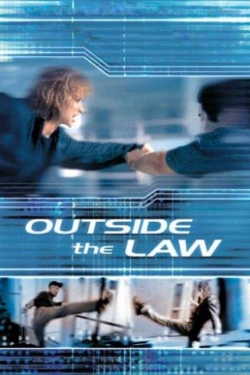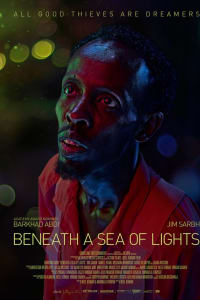

Even without the immediate, discomfiting resonance of the Weinstein scandal, Three Billboards plays as a raging film for the Trump era, another dire social context for which it wasn’t even originally conceived. I say “largely”, of course, because McDonagh still hasn’t written this script in a vacuum, just as destructive misogyny wasn’t uncovered for the first time this autumn: it knows too well the socially ingrained hierarchies of gender, privilege and power against which Mildred so stridently bristles. Three Billboards Outside Ebbing, Missouri was already riding high on the festival circuit, slaying critics and scooping major awards in Venice and Toronto, mere weeks before the first allegations against Harvey Weinstein broke, jump-starting a cathartic, industry-wide campaign of exposure and protest against the misogynistic abuse of male power. Perhaps it’s the optimum byproduct of women being heard.īy some degree of coincidence, then, McDonagh has wound up making an incendiary film for the present moment – one that arrives on screens just as angry mass awareness of male-on-female abuse is reaching a new peak in a variety of realms, but none more prominently than Hollywood itself. Not everyone’s going to love this turn in a film that hitherto smashes the patriarchy in grand style, though male moral redemption isn’t the goal of Three Billboards Outside Ebbing, Missouri. Her campaign for justice is reluctantly braided with the self-realisation of another member of the patriarchal gang: sexist, racist, dim-bulb police officer Dixon (Sam Rockwell), whose war of attrition with Mildred solves no crimes, save for perhaps making him recognise some of his own.

It spoils nothing to say McDonagh himself is reluctant to give his character the answers she seeks. The dead girl’s emotionally lacerated mother wants answers from the community, not just regarding the identity of the killer, but as to why nobody but her seems invested in finding out.

It’s been seven months since Mildred’s teenage daughter was raped, murdered and set ablaze on a quiet stretch of country road, and still no arrests have been made or suspects identified. McDonagh’s film is a different kind of rape-revenge drama, one in which the roles of victim, avenger and perpetrator are split several ways, and in which a single criminal case comes to stand for a world of toxic masculine sin.

But the “gang” she speaks of is bigger and broader than the church: it includes all manner of men who abuse and ignore women, and Mildred’s out to take it down.


 0 kommentar(er)
0 kommentar(er)
